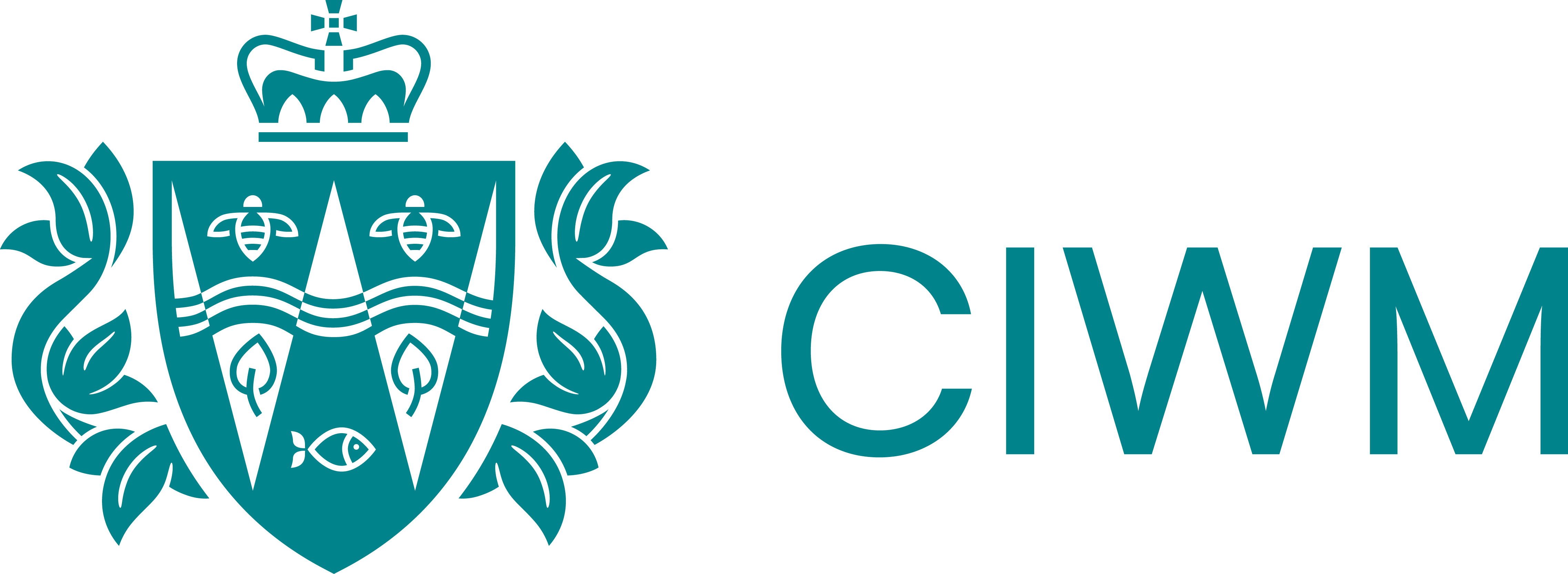
Press Release
For immediate release
CIWM Announces Winner of 2025 Hack the Loop Hackathon
The Chartered Institution of Wastes Management (CIWM) is delighted to announce the winner of the 2025 Hack the Loop Hackathon, held last week. The event brought together innovative minds to develop solutions aimed at significantly reducing textile waste and fostering circularity in the fast fashion sector.
The winning team, Group 5, facilitated by industry expert Gary Walpole, comprised talented participants Sammy Smithson, Bhavna Palli, and Lily Dunkley. Their proposed solution – A Circular Deposit Return Scheme (DRS) for Clothing - would operate at the brand level, encouraging consumers to return garments at the end of their lifecycle in exchange for a deposit refund that can be used for future purchases.
How does it work? When a consumer buys a garment, they pay a deposit (for example, a £100 t-shirt might include a £50 refundable credit). Once the clothing has reached the end of its use, the customer returns it to the brand and receives their deposit back as store credit. The returned garments are processed domestically, minimising global shipping impacts and increasing traceability. They are then recycled into new fibres, which are used to produce fresh garments reflecting current trends and styles — closing the loop in a sustainable, responsible fashion cycle.
In addition to helping develop sustainable solutions for products that would otherwise be discarded, the Hackathon played a vital role in introducing resources and waste sector insights to students. This engagement is essential if we are to address the growing skills gap within the sector and foster the next generation of waste management and circular economy experts.
Judges praised the scheme as a forward-thinking, scalable approach that effectively merges sustainability with brand loyalty and consumer engagement. Katarina Rimarcikova, FHEA, highlighted its alignment with industry trends such as Extended Producer Responsibility (EPR) and the shift toward servitisation, where companies offer circular services rather than just one-off products. She described the idea as a "smart, scalable approach that creates a continuous, circular production loop" and positions brands as responsible stewards of their products.
John Twitchen emphasised that the concept closely aligns with future EPR systems, enabling manufacturers to hold responsibility for their products beyond the point of sale. Michael Cusack commended the scheme for its simplicity and financial viability, noting it as an effective way to treat textiles as a resource rather than waste, thereby significantly reducing emissions.
The winners will be featured on CIWM’s Circular Online news platform and will receive an exclusive opportunity to engage in a bespoke call with an industry expert. This mentorship can provide valuable insights into career development or further refinement of their innovative idea.
The Hackathon was delivered in partnership with leading institutions including the Circular Economy Institute, Cardiff University / Prifysgol Caerdydd, CEIC Wales, University of Leeds, University of Exeter, Exeter Centre for Circular Economy, and The University of Edinburgh.
ENDS
Notes to Editors
About CIWM:
CIWM (the Chartered Institution of Wastes Management) is the leading professional body for the resource and waste management sector representing over 7,000 individuals in the UK, Ireland and overseas. Established in 1898 - and now in its 125th year - CIWM is a non-profit making organisation, dedicated to the promotion of professional competence amongst waste managers. CIWM seeks to raise standards for those working in and with the sector by producing best practice guidance, developing educational and training initiatives, and providing information on key waste-related issues.
More information can be found at www.ciwm.co.uk
Press contact:
Kacie Foskett
T: +44 (0) 1604 620426
E: kacie.foskett@ciwm.co.uk